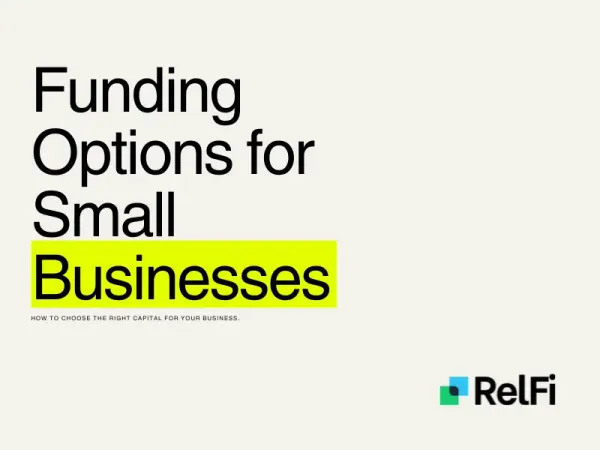The Role of Money Mindset in Business

Your money mindset develops over years, shaped by personal history, cultural norms, and previous financial experiences. It can act as either a motivator or a barrier. For example, a scarcity mindset—focusing on what you lack rather than what’s possible—might prevent you from taking on loans or investments that could fuel growth. On the other hand, an abundance mindset—seeing money as a tool for opportunity—can encourage innovation but may also lead to overconfidence and unnecessary risk.
Recognizing these tendencies is crucial. Many business owners unknowingly let their subconscious beliefs about money influence their decisions, even when data or logic suggests otherwise.
Common Psychological Barriers in Financial Decision-Making
- Fear of Debt: For some, debt represents failure or risk, even when it’s strategically used to grow the business. This fear can prevent business owners from accessing the capital they need.
- Overconfidence: Past successes can create a belief that future outcomes will always align. This can lead to risky decisions without thorough analysis.
- Loss Aversion: A natural human bias, loss aversion makes us fear losing what we already have more than we value potential gains. This can make business owners overly conservative and hesitant to pursue high-reward opportunities.
- Anchoring: Decisions can be overly influenced by the first piece of information received, such as a high initial quote or an interest rate that might not reflect the broader market.
Awareness of these barriers is the first step toward making clearer, more strategic financial choices.
How to Shift Your Money Mindset for Growth
Transforming your relationship with money requires deliberate effort and self-awareness. The key is to balance your natural instincts with a strategic framework that prioritizes both short-term stability and long-term success.
One effective strategy is to embrace a more growth-oriented mindset. This doesn’t mean abandoning caution or ignoring risks—it means viewing money as a tool rather than a limitation. For instance, instead of seeing a loan as “debt,” consider it an investment in your future. By shifting your focus to the potential returns on that capital, you empower yourself to make decisions aligned with your business goals.
Building resilience into your financial strategy is equally important. This involves diversifying funding sources, maintaining a cash buffer, and partnering with advisors who understand your business. Financial resilience allows you to adapt quickly to changes while remaining on course for long-term growth.
The Importance of Financial Relationships
In business, relationships matter as much as resources. Cultivating a strong relationship with a financial partner can offer more than just funding—it can provide insight, guidance, and opportunities tailored to your needs. A trusted partner helps you see beyond the numbers, offering a fresh perspective that can challenge biases and refine your approach.
For example, while you might view financing as a way to solve immediate cash flow issues, a financial partner could highlight how it can also fuel expansion or improve operational efficiency. These insights transform financing from a transactional process into a strategic advantage.
The Takeaway
Your money mindset is a powerful, often overlooked force in your business. By acknowledging its influence and addressing the biases it brings, you can unlock smarter, more confident decision-making. Shifting your perspective toward growth and resilience—and partnering with experts who understand your vision—creates a financial strategy that not only meets today’s needs but also prepares you for tomorrow’s opportunities.
At RelFi, we believe in more than providing capital. We believe in fostering financial relationships that empower business owners to think bigger, act smarter, and achieve more. Let’s work together to align your financial mindset with your business goals.





